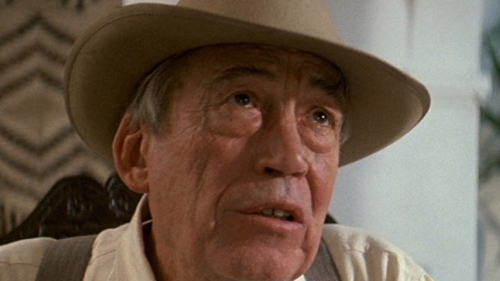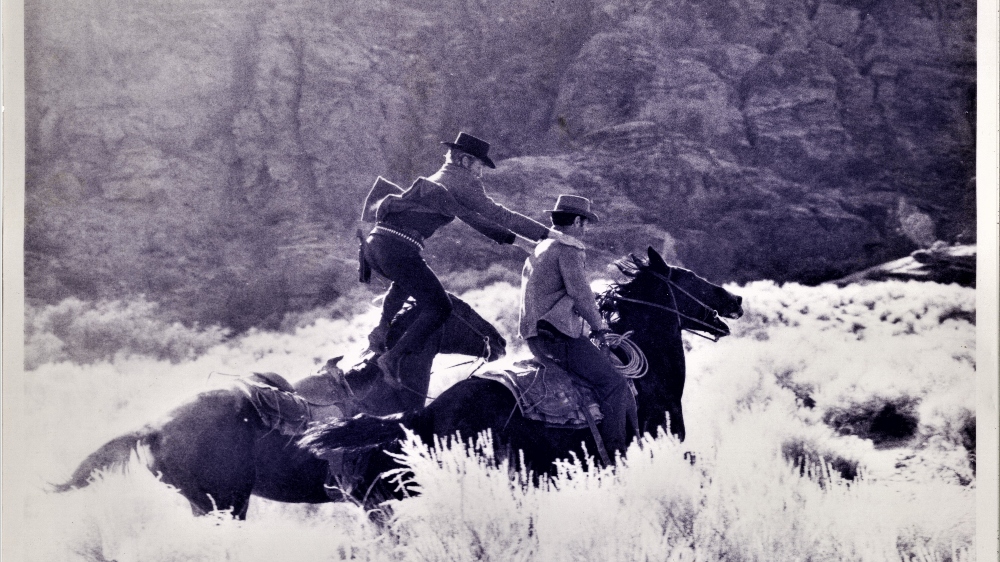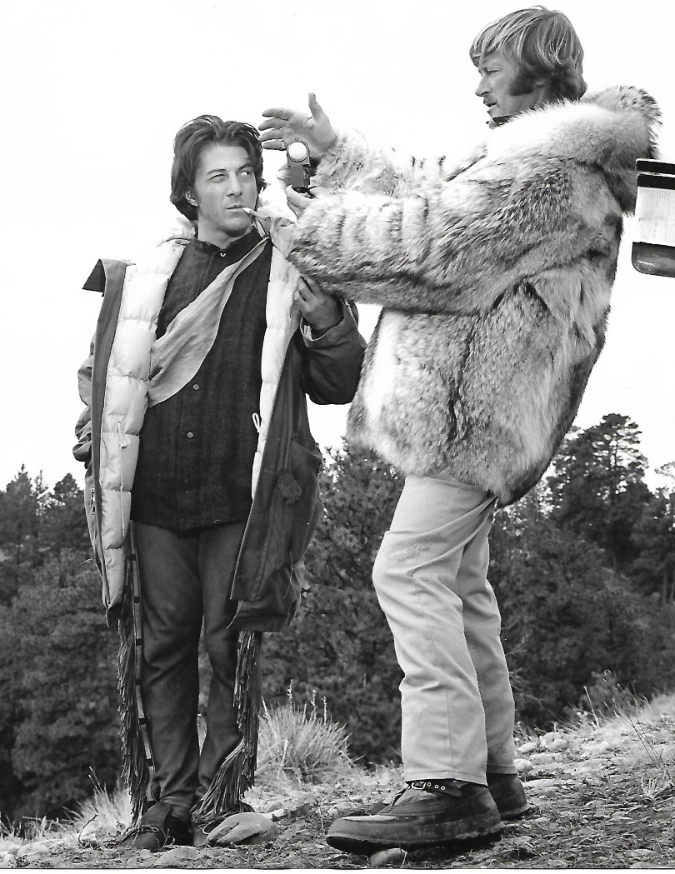
Originally, this was going to be a “lite” summer column, before a wee break for Independence Day, which now commemorates – what, exactly? A time when the female half of the population had independent autonomy over their bodies?
We even had a book review planned – well, we still do, you’ll just have to read a bit first.
But as you all-too-well know, things in an already explosive time erupted even more monumentally on Friday, when a far-right majority on the Supreme Court overturned a half-century of precedent to strip women of the choice of whether to end a pregnancy or not, no exemptions allowed (medically, or for rape or incest), with practitioners potentially putting themselves in legal jeopardy.
We’ve written previously about the bind Hollywood would find itself in when this moment came, though initially, entertainment and tech (and a lot of other) companies are proceeding as if it’s not much of a bind at all, announcing that they, yes, will definitely cover travel expenses for employees who need to travel to other states to, for example, end an ectopic pregnancy to save their own lives.
All well and good, as far as that goes. Never mind that you now have to share with HR what would have previously been a private decision.

But then came the tweets. Definite straws in the wind, as far as the even harder decisions entertainment companies may need to make next. There was actor/director Ken Olin saying, “I think we should stop all film production in States that make abortions illegal,” followed by a later tweet suggesting it was time to contact the female heads of the various above-the-line guilds to start pursuing an official boycott policy.
Along those same lines, Mrs. Doubtfire writer Randi Mayem Singer posted that she would “never set or shoot any TV or film project in a state where women don’t have control over their bodies.” Singer also co-exec produced the recent Mad About You, and before that, was a consulting producer on the series Why Women Kill, a title with a brand new resonance and context.

Marta Kauffman, the co-creator of Friends and Grace and Frankie, took to her Twitter feed to say she had “a question for you all: would you participate in a Women’s Strike? No work, no purchases, no sex. Just protest. Men are welcome to join in support of a woman’s right to have agency over her own body and to amplify our voices.”
A small sampling, to be sure, but, perhaps more than straws in the wind, they are part of a growing stack of kindling.
The same companies promising these, essentially, “battlefield travel bonuses” to their female employees, are understandably silent about production boycotts. If you have music publishing in Nashville, or a big soundstage in Atlanta, you don’t want to think of not being able to use them. Or profit from them.
Texas will also remain a highly questionable production locale until further notice — who would want to be on location there and suddenly need an OB/GYN who might be subject to jail time? — but strangely enough, abortion remains legal in Florida, for now, due to a privacy clause in that state’s constitution (the same principle deliberately overlooked at the Federal level by the Supremes in their ruling).
Given the amount of production there, Georgia will remain a burning question in this regard. Much may depend on whether Stacey Abrams is able to overcome a deliberately difficult voting process to win the governorship there this November. Otherwise, the first time some awful, now-inevitable incident erupts into the news cycle — a woman dying from a miscarriage that doctors refused to treat, a practitioner arrested for saving a life, a young woman committing suicide because she was carrying her rapist’s child — the calls to boycott will then be unavoidable, and the match to the kindling nearly unstoppable.
And not just in showbiz.
Indeed, “the future, Mr. Gittes,” as John Huston said in Chinatown, is here. With a vengeance.

Other news from the precipice, which we’re not delving into yet (besides, you may be watching that surprise witness at the J6 hearing when this is posted), includes IATSE’s presence (along with SAG-AFTRA and other showbiz guilds) at the AFL-CIO convention earlier this month.
Among some of the IA priorities that the AFL-CIO passed as resolutions, were:
- Encourage Union Audiovisual Production
- Recognizing and Protecting the Extraordinary work of Broadcast and Online Journalists
- Building Worker Power to Increase the Pace and Scale of Organizing
- Safe Jobs are Every Worker’s Fundamental Right
- Reignite and Implement an AFL-CIO Young Workers Program
- Winning Guaranteed Health Care for All
- The Time is Now for Fixing America’s Broken Labor Laws
Well, as far as broken laws, expect more to be smashed with destructive glee, somewhere between the time this column is handed in, and the time it runs — or a bit later this week — as the Supremes rule to gut EPA’s regulatory ability, and thus that of most of the Federal government.
Your not-too-safe job just got a lot less safe, particularly if you’re in a “right to work” state with minimal regulation, and no particular union protection to speak of.
You can see, with all this going on, the difficulties in focusing on summer beach (or cabin) reads.
But we will pick up on The Great Unraveling, and showbiz’s particular perch on and in it, when we see you in a couple weeks.

As for that read? It’s Doubling for McQueen and Redford: The Stunt Careers of Loren Janes and Mickey Gilbert by James C. Udel, from McFarland & Company Publishers, and let’s get to the caveats — though not about the book! Just the reviewer — first.
Jimmy and I are old pals (switching from the editorial “we” to the personal “I” now), having written for this publication years ago when I was on my first tour of duty here and he was busy interviewing and collecting oral histories from those who’d worked all aspects of a crew, back when filmmaking was an analog business.
Udel is a longtime grip, which gives him a certain vantage point and working knowledge for his archiving and interviewing. He was also astute enough to know these folks — and their stories — wouldn’t be around much longer, so he began gathering them, which also led to an earlier volume, The Film Crew of Hollywood: Profiles of Grips, Cinematographers, Designers, a Gaffer, a Stuntman and a Makeup Artist.
So Jimmy has definitely chronicled his way around the set, but that’s the thing with this volume. By virtue of being about legendary stuntmen, the book is also about everyone else who was on the set with them — and not just Steve McQueen and Robert Redford (though there’s some awfully cool stuff about Bullitt, which as a Bay Area boy myself, has always been a favorite, and not just the legendary car chase; The scene where McQueen is dodging the wheels of a 707 on the SFO tarmac was, of course, really James. Since he had a degree in calculus, he knew his odds and his angles, whether ducking jet wheels, or leaping from trains, horses, and buildings).
For example, thumbing through — and the book works splendidly for serendipitous reading, when the mood hits — you find a section about James’ work as a stunt double and gladiatorial instructor on Spartacus which leads you to a passage on running spats between cinematographer Russell Metty, ASC (who’d win an Oscar for the film), and its director, one Stanley Kubrick, who as a former photographer also took a famously hands-on approach to the imagery in his films, leaving Metty to storm off for early lunches, sudden meetings, etc.

Gilbert did his own share of iconic work, including New Hollywood westerns like Little Big Man and Butch Cassidy and the Sundance Kid.
He’d been summoned for the latter by a late-night phone call from the production manager, to do the famous “buddy jump,” as Newman and Redford ostensibly leap off a cliff, to their seeming demise in the river below, yelling “Ohhh Shiiiiiiiit!.”
But the real exclaiming probably occurred when Gilbert arrived, flying a redeye to the Colorado location at the Animas River Gorge, and found that a mere few inches of water awaited them after a 200-foot drop.
So he convinced director George Roy Hill and others to recreate the leap in the Paramount backlot, in the studio’s mini-ocean tank, where there would indeed be enough water — after jumping from a 12-story Condor with a stunt pal who had a skydiving background because “I knew when we said ‘go,’” as Gilbert recounted, “he would jump with me. No bullshit.”
“Someone hesitating, even a little,” he emphasized, “is a sure indication that things will go badly,” including the possibility of the mistimed jumpers smashing into each other in the water.

The excerpts here do little justice to the book, but it’s an even easier volume to tour at your leisure, with a copious index, and a glossary in the back.
The photos peppered throughout are pretty wonderful, too. One, of Dustin Hoffman riding a Kawasaki past horses and period actors during the filming of Little Big Man on a Thousand Oaks location, could almost be the inspiration for Chris Pratt doing the same, Jurasically, with a herd of dinosaurs. Except in the case of the latter, it was actually in the film.
So should you need to take your mind off of the great unraveling over the summer holiday, and want to relive a time when not every film needed to be a tentpole, and they were all “made by hand,” well, pick up — or download! — a copy.
Or as Gilbert said, looking back from retirement on his Santa Barbara ranch, “When you get to a point where the audience knows shots are rendered by computers, it’s time for folks who knew the smell of horse sweat and high falls to return to civilian life.”
Indeed. It’s just too bad no one knows what “civilian life” means anymore.
Until next time.
 Mark London Williams is a BTL alum who currently covers Hollywood, its contents and discontents, in his recurring “Across the Pond” dispatch for British Cinematographer magazine, contributes to other showbiz and production-minded sites, and musters out the occasional zombie, pandemic-themed, or demon-tinged book and script, causing an increased blurring in terms of what still feels like “fiction.”
Mark London Williams is a BTL alum who currently covers Hollywood, its contents and discontents, in his recurring “Across the Pond” dispatch for British Cinematographer magazine, contributes to other showbiz and production-minded sites, and musters out the occasional zombie, pandemic-themed, or demon-tinged book and script, causing an increased blurring in terms of what still feels like “fiction.”
Mark London Williams’ Union Roundup column will appear every Tuesday. You can reach him to give him tips and feedback at [email protected]. He can also be found on Twitter @TricksterInk.





